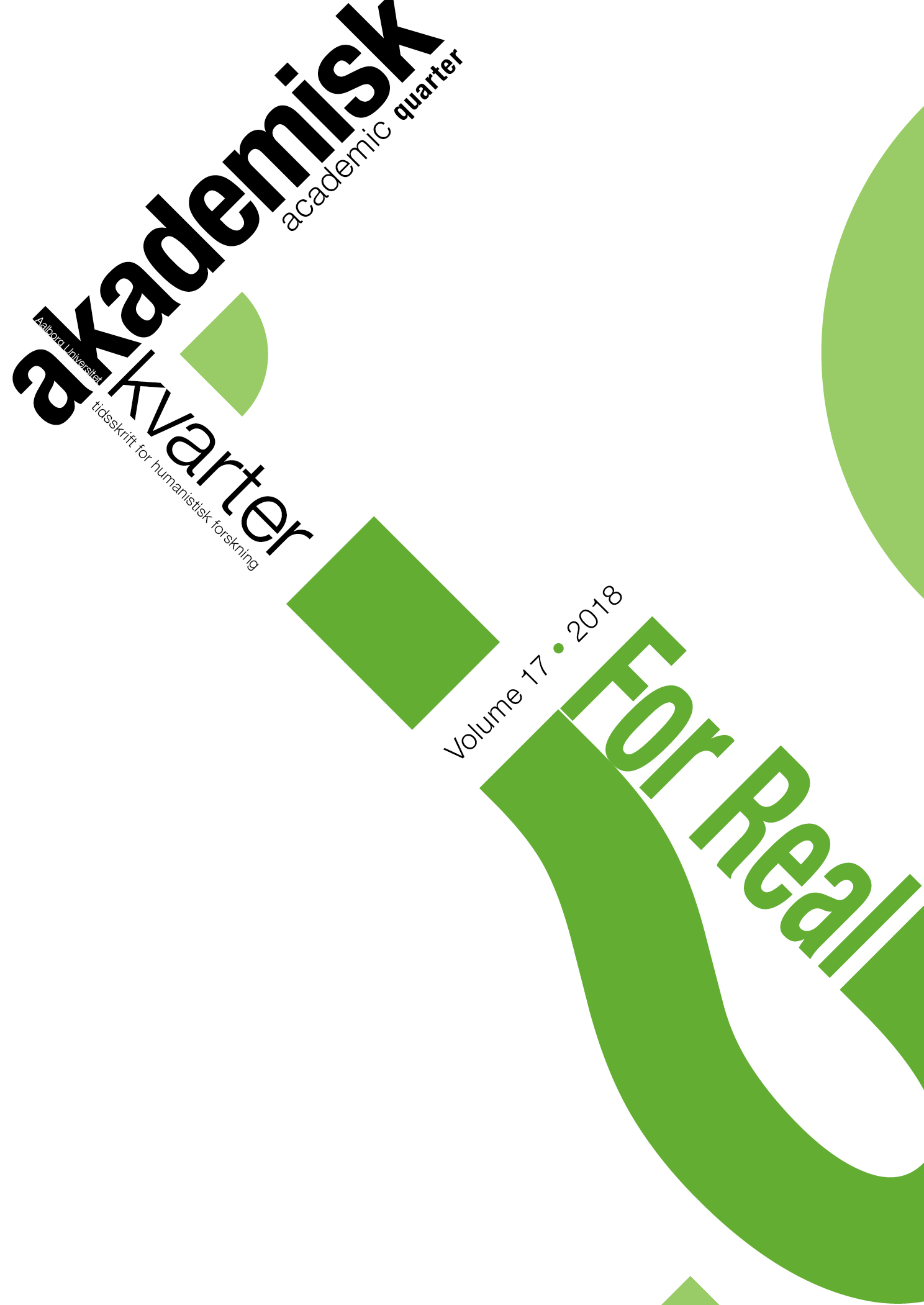Abstract | Abstract
Philip Roth’s 2004 novel The Plot Against America famously imagines what America might have been like had the aviator Charles Lindbergh, a Nazi sympathizer, won the 1940 election for President of the United States. That alternate history is focalized through the experiences of Roth as a young boy – or those that the author-as-character has conceived within this radically altered world, with the real-world Holocaust as backdrop. By identifying a genuine counter-historical potentiality – one that is grounded in actual anti-Semitic insecurities that prevailed at the time, even in the relatively tranquil American context – Roth’s counter-narrative reimagines his actual past by redefining the significance of his identity as a Jew. At the same time, rather than presenting a portrait of “the American Jewish experience” of the period by conceptualizing Jews and Jewish experience monolithically, Roth manages to embrace the complexities and ambiguities of his search for self-definition, of which his Jewishness remains an enigmatic but essential part.
